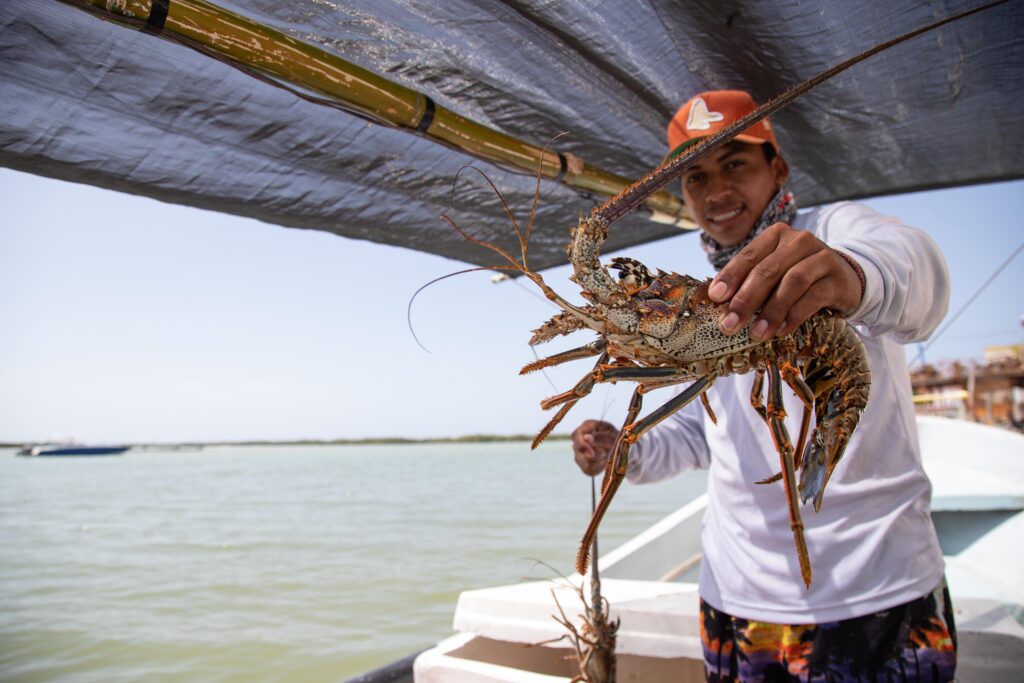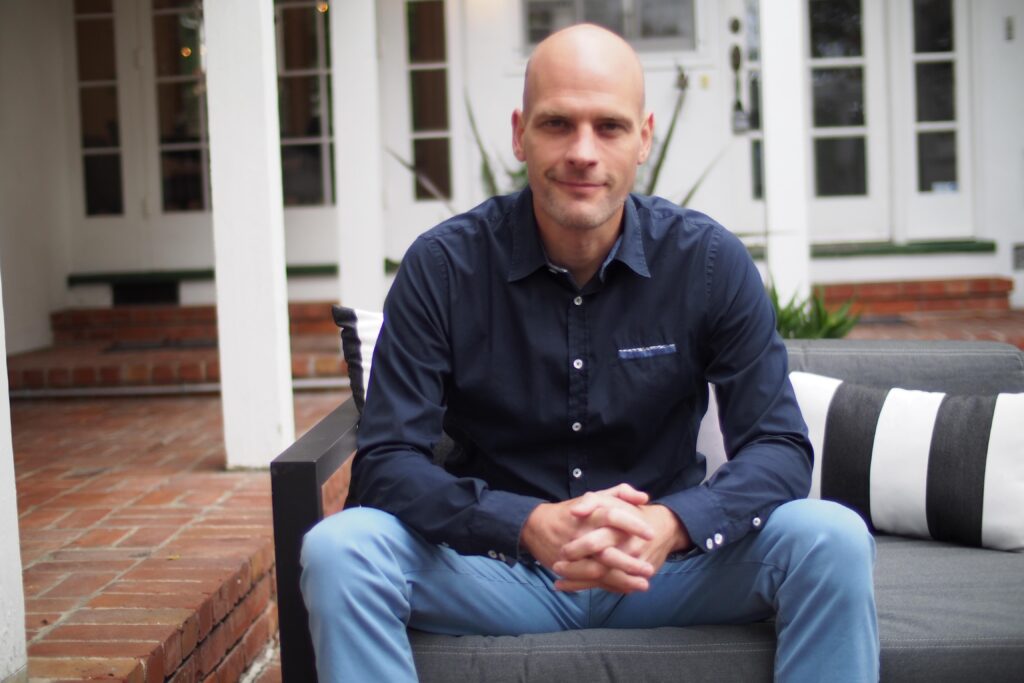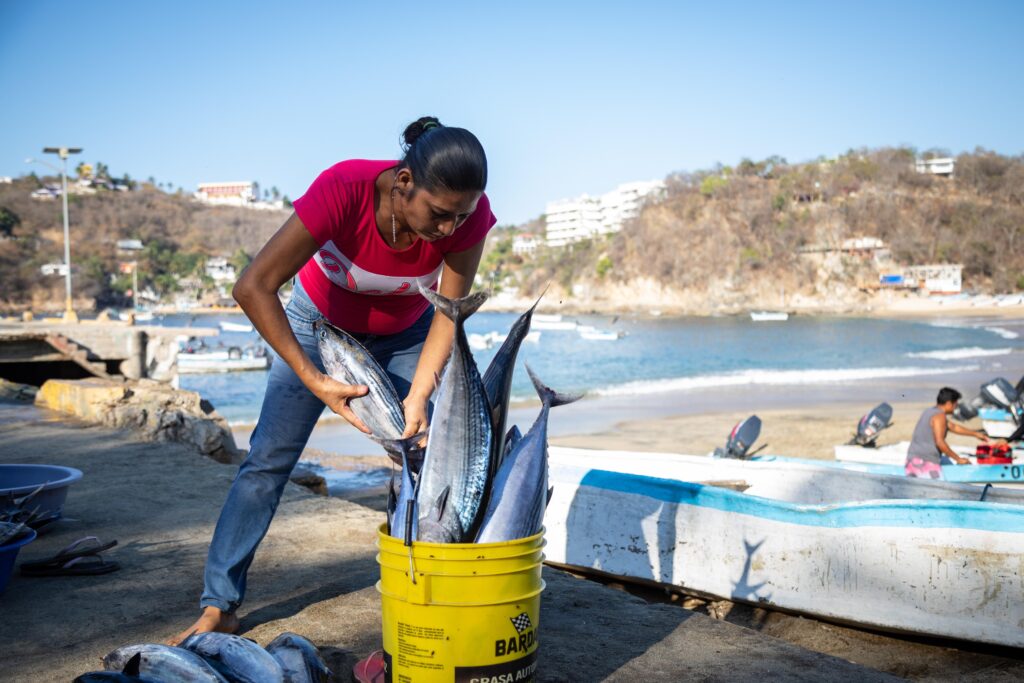New guidance from Conservation Alliance stresses the ‘human factor’

Guidance on ethical best practice for seafood companies has been released by a leading international organisation, stressing the importance of human rights as well as conservation.
The Guidance for Companies on Environmentally and Socially Responsible Seafood is published by the Conservation Alliance for Seafood Solutions, a not-for-profit body that includes seafood businesses, academics and non-governmental organisations.
Following recent revelations over forced labour and poor employment practices in parts of the seafood sector, the Guidance marks the first time that the 16-year-old Alliance is calling on the industry to prioritise the “human factor” across its supply chains, including ensuring fair wages, safe and humane working conditions, and equitable opportunities for workers.
Ryan Bigelow, Project Director for the Alliance, said: “The latest human and labour rights investigations confirm that the industry is facing a sea change. While progress is being made, it’s clear that it’s time for the industry to meet this issue with the urgency it deserves. Prioritising human rights alongside conservation is not just the right thing to do; it’s the best thing companies can do to future-proof their businesses from consumer backlash and reputational damage.”
He added: “Companies of all sizes – from mass market retailers to family-owned sushi restaurants – have the power to apply pressure on suppliers, spur reforms, and create new markets, models, and supply chains that safeguard workers and the environment.”

Ryan Bigelow, Director of Projects for the Conservation Alliance for Seafood Solutions
Founded in 2008, the Alliance represents more than 150 seafood enterprises like Bumble Bee and Nestle Purina, NGOs, and environment and human rights experts across 30 countries. In North America, over 20 of the top 25 retailers, including Costco, Kroger, Target, and Aldi, have sustainable seafood partnerships with non-profits within the Alliance.
The world’s most widely traded food commodity, seafood involves complex supply chains, often passing through multiple intermediaries and countries before reaching the consumer. It is especially vulnerable to exploitation since the majority of operations take place in remote, high-seas areas, far removed from regulatory oversight, or in countries like India and China where auditing firms have limited ability to effectively monitor supply chains. With forced labour generating an estimated US $236bn (£188bn) in illegal profits annually – a sharp increase from $64bn (£51bn) in 2014 – the European Union recently moved closer to joining the US in banning products made with forced labour.
The Guidance offers a toolkit and checklists for businesses that include a due diligence model companies can use to identify, assess, and mitigate human rights and environmental risks in their operations and supply chains based on globally accepted frameworks. Additionally, it provides nearly 100 actionable resources for companies to inform their work and measure progress, including sustainable seafood commitments made by dozens of companies like Aldi and Pepsico, along with 45 real-world examples demonstrating how businesses of various sizes and types across seafood supply chains, including retailers, restaurants, and fish co-ops, have successfully implemented steps to protect the ocean, people, and communities.
Bigelow said the Guidance is critical to reaching the Alliance’s 2030 goal: at least 75% of global seafood production should be environmentally responsible or make verifiable improvements, with safeguards in place to ensure social responsibility. As of 2023, approximately 46% of the industry is progressing steadily. To achieve these goals, he stressed the importance of more companies beginning their efforts and those already committed embracing broader, more transparent processes.
The development of the guidance involved collaboration with a Working Group comprising leading industry experts, practitioners, and academics from organizations such as Fishwise, Fortune Fish & Gourmet, Seafood Watch, and New England Seafoods.

Seafood worker, Mexico (photo: Conservation Alliance for Seafood Solutions)

